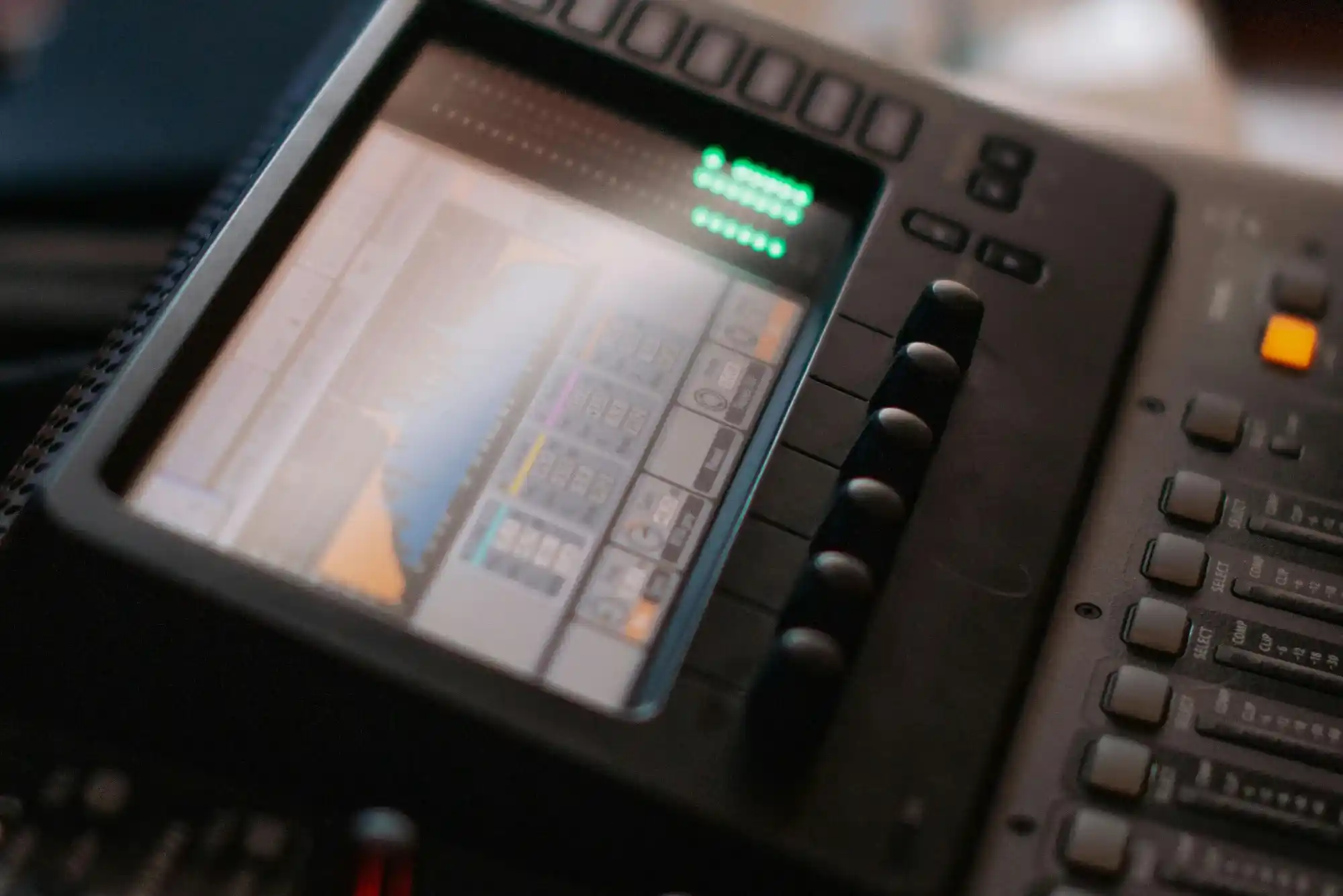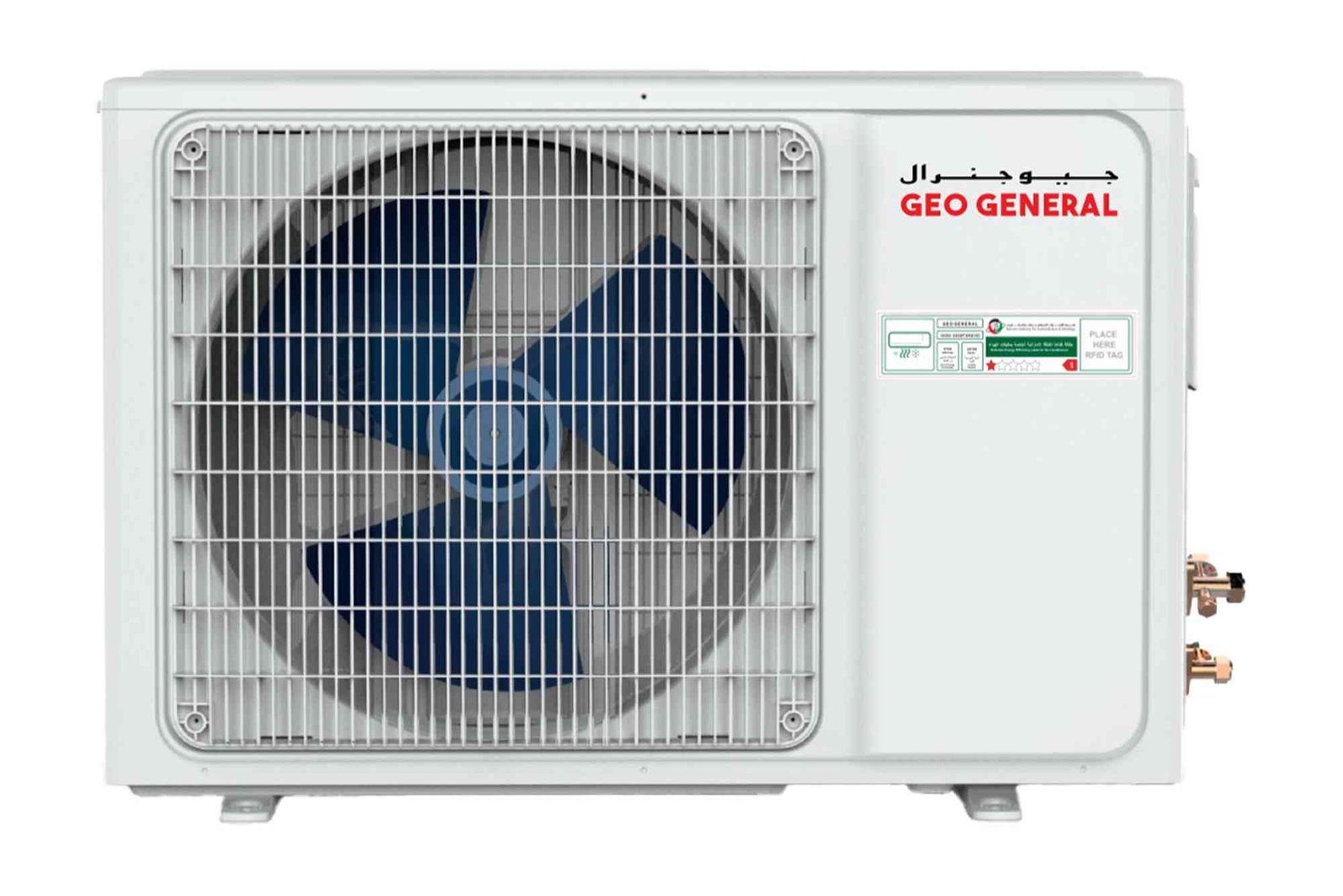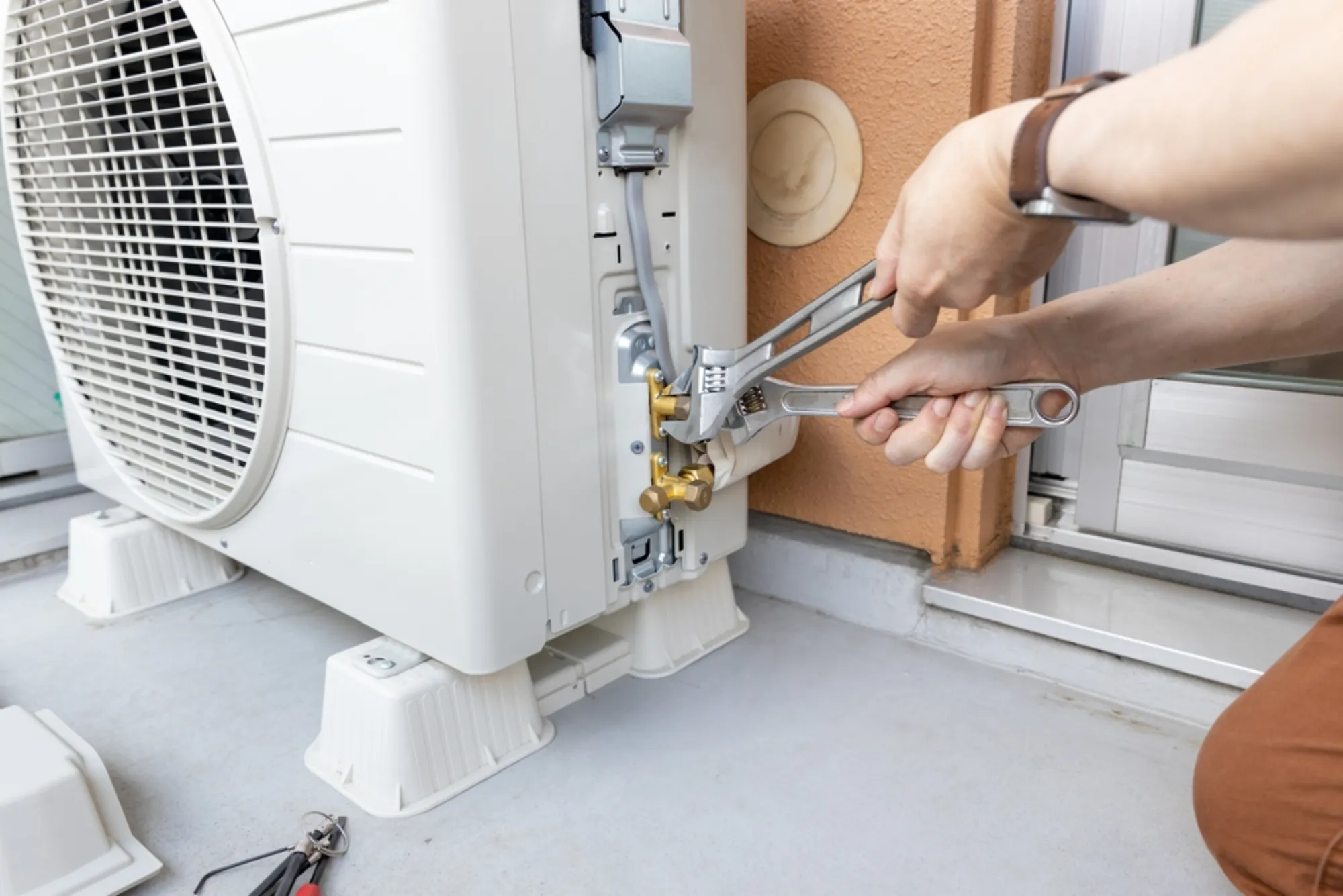Setting up a live sound system for events in Delhi requires careful planning, technical expertise, and an understanding of the local environment. Whether you’re organizing a wedding, concert, corporate event, or cultural festival, live sound engineering is critical to delivering high-quality audio that enhances the audience experience. This guide provides a comprehensive, step-by-step approach to mastering live sound engineering in Delhi, India, ensuring your event’s audio is clear, balanced, and professional.
Understanding the Basics of Live Sound Engineering
Live sound engineering involves managing audio equipment to amplify and distribute sound effectively during live events. It requires knowledge of microphones, speakers, mixers, and acoustics, as well as the ability to adapt to the venue’s unique characteristics. In Delhi, where events range from intimate gatherings to large-scale outdoor festivals, live sound engineering in Delhi, India must account for diverse venues, weather conditions, and audience expectations.
Step 1: Assess the Venue and Event Requirements
Before setting up your sound system, evaluate the venue and event specifics. Delhi’s event spaces vary widely, from banquet halls like those in Chattarpur to open grounds like Jawaharlal Nehru Stadium. Consider the following:
-
Venue Size and Acoustics: Indoor venues often have reflective surfaces that cause echoes, while outdoor spaces may face wind or traffic noise. Visit the venue in advance to assess its acoustic properties.
-
Audience Size: A small gathering of 50 people requires a different setup than a concert for 5,000. Estimate the audience size to determine speaker power and coverage.
-
Event Type: Weddings may need crisp vocal amplification for speeches, while concerts require robust systems for instruments and vocals.
-
Power Supply: Delhi’s power grid can be unreliable in some areas. Ensure access to stable power or arrange for backup generators.
Step 2: Choose the Right Equipment
Selecting appropriate equipment is the cornerstone of live sound engineering. Here’s a breakdown of essential components:
Microphones
-
Dynamic Microphones: Ideal for vocals and loud instruments like drums. Shure SM58 is a popular choice for its durability and clarity.
-
Condenser Microphones: Best for capturing detailed sound in controlled environments, such as speeches or acoustic performances.
-
Wireless Microphones: Essential for mobile performers, like emcees or dancers, common in Delhi’s vibrant event scene.
Speakers
-
Active Speakers: These have built-in amplifiers and are easier to set up. Brands like JBL and QSC are reliable for small to medium events.
-
Passive Speakers: Require external amplifiers but offer flexibility for larger setups. Pair with a high-quality amplifier for optimal performance.
-
Subwoofers: Add depth for music-heavy events like DJ nights or concerts.
Mixing Console
A mixing console is the heart of your sound system, allowing you to control volume, equalization (EQ), and effects. For small events, a 12-channel mixer like the Yamaha MG12XU is sufficient. Larger events may require a digital mixer like the Behringer X32 for advanced control.
Cables and Accessories
Use high-quality XLR cables, speaker cables, and stands to avoid signal loss or equipment failure. In Delhi’s humid climate, ensure cables are weather-resistant for outdoor events.
Step 3: Plan the Sound System Layout
Proper placement of equipment is key to effective live sound engineering in Delhi,India. Follow these guidelines:
-
Speaker Placement: Position main speakers at the front, angled slightly inward to cover the audience evenly. For larger venues, use delay speakers to reach the back rows.
-
Monitor Speakers: Place stage monitors for performers to hear themselves. Wedge monitors are common for vocalists and instrumentalists.
-
Microphone Placement: Position microphones to avoid feedback. For example, keep vocal mics away from monitor speakers and use directional mics to minimize ambient noise.
-
Mixer Location: Set up the mixing console in a central location with a clear view of the stage and audience for real-time adjustments.
Step 4: Set Up and Test the System
Once equipment is in place, follow these steps to set up your sound system:
-
Connect the Components:
-
Plug microphones and instruments into the mixing console.
-
Connect the console’s main outputs to the amplifiers or active speakers.
-
Link subwoofers if needed for low-frequency sound.
-
-
Soundcheck:
-
Conduct a thorough soundcheck with all performers. Test each microphone and instrument individually to set input levels.
-
Adjust EQ to balance frequencies. For example, reduce low frequencies to prevent muddiness in vocals.
-
Check for feedback by gradually increasing volume and walking the stage to identify problem areas.
-
-
Test for Venue Acoustics:
-
Delhi’s outdoor venues, like India Gate lawns, may require adjustments for wind or traffic noise. Use EQ to cut unnecessary low-end rumble.
-
Indoor venues, such as hotels in Aerocity, may need acoustic treatment like curtains to reduce echo.
-
Step 5: Manage Environmental Challenges in Delhi
Delhi’s climate and infrastructure pose unique challenges for live sound engineering in Delhi, India:
-
Heat and Humidity: High temperatures and monsoon humidity can affect equipment. Use weatherproof covers for outdoor setups and ensure proper ventilation for amplifiers.
-
Dust: Delhi’s air quality can lead to dust buildup in equipment. Clean filters and store gear in protective cases.
-
Power Fluctuations: Voltage spikes are common. Use surge protectors and voltage stabilizers to safeguard equipment.
-
Crowd Noise: Delhi’s lively crowds can be noisy, especially at weddings or festivals. Use directional speakers and increase vocal clarity with mid-range EQ boosts.
Step 6: Hire or Train a Sound Engineer
A skilled sound engineer is vital for flawless execution. If you’re new to live sound engineering, consider hiring a professional or training your team. In Delhi, sound engineers are available through event management companies or freelance platforms. Look for someone with experience in local venues and events like sangeets, corporate launches, or concerts.
If training your team, focus on:
-
Basic audio theory (frequency, gain, feedback).
-
Hands-on practice with mixers and microphones.
-
Troubleshooting skills for common issues like feedback or signal loss.
Step 7: Troubleshoot Common Issues
Even with careful planning, issues can arise. Here are solutions to common problems:
-
Feedback: Lower the gain on the offending microphone or adjust its position. Use a graphic equalizer to cut feedback frequencies.
-
Low Volume: Check cable connections and ensure amplifiers are powered. Increase gain cautiously to avoid distortion.
-
Muddiness: Reduce low frequencies (below 100 Hz) on vocals or instruments to improve clarity.
-
Equipment Failure: Always have backup microphones, cables, and speakers on hand.
Step 8: Comply with Local Regulations
Delhi has specific regulations for events, especially outdoor ones. Obtain necessary permits for sound systems, particularly for late-night events, as noise limits are strictly enforced in residential areas. Check with local authorities or event planners to ensure compliance with sound decibel limits (typically 55-75 dB in residential zones).
Step 9: Post-Event Breakdown and Maintenance
After the event, properly dismantle and store equipment to ensure longevity:
-
Disconnect and coil cables neatly to prevent damage.
-
Clean microphones and speakers to remove dust or sweat.
-
Store equipment in a dry, cool place to protect against Delhi’s humidity.
Conclusion
Mastering live sound engineering for events in Delhi combines technical skill, planning, and adaptability. By assessing the venue, choosing reliable equipment, and addressing environmental challenges, you can deliver exceptional audio that elevates any event. Whether it’s a wedding in South Delhi or a concert in Gurgaon, a well-executed sound system ensures your audience enjoys every moment. With practice and attention to detail, you’ll become proficient in live sound engineering in Delhi, India, creating memorable experiences for all.







